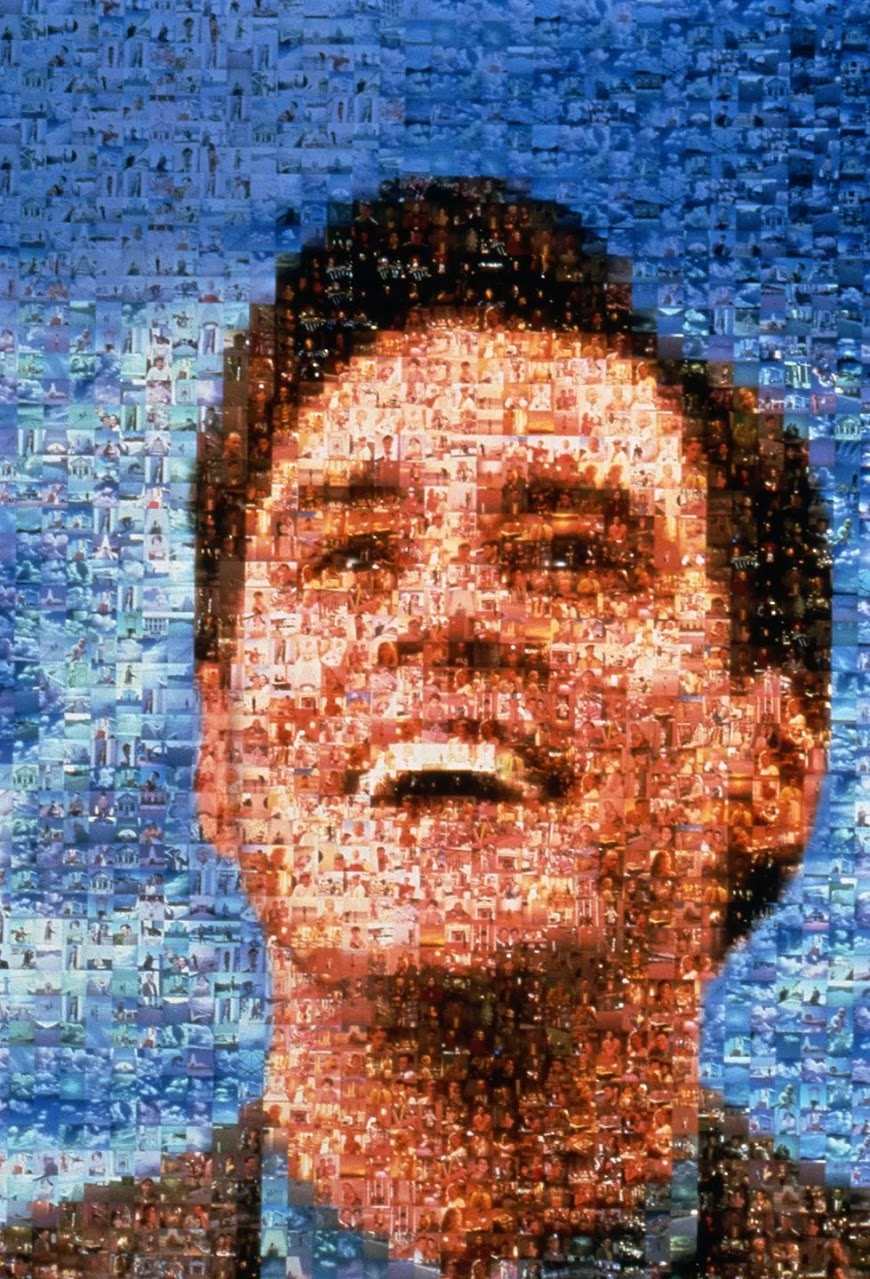So cleverly conceived and brilliantly executed that it almost seems like a fresh thought. And even if it doesn’t, it nevertheless forms the basis of a very witty exercise
Sometimes, although not often enough, a Hollywood entertainment succeeds in persuading people to look at the world they’re living in, and to reflect on what is being done to them. In recent years most of these films have been about the media, in one guise or another, which is hardly surprising. Nor is the basic idea of The Truman Show exactly astonishing. You’d need to have been dead for the last 10 years not to understand that the commercial imperatives of the mass media have changed the relationship between information and entertainment in most people’s lives. But Peter Weir’s film is so cleverly conceived and brilliantly executed that it almost seems like a fresh thought. And even if it doesn’t, it nevertheless forms the basis of a very witty exercise.
Truman Burbank (Jim Carrey ) is the protagonist of a 24-hour TV soap opera that functions as an extension of normal fictional soaps into the territory of “reality programming” - all those dead hours of prime time devoted to life among the staff of a large hotel or a cruise liner. The other difference between this show and a regular soap is that Truman thinks it’s real, because in his case it is.

The creation of a producer called Christof, who seems to be a cross between Phil Redmond and Lars Von Trier, Truman was born and has lived his entire life inside a synthetic world, located on an ‘island’ created inside a giant dome that functions as a mega-studio. Truman’s family, neighbours and colleagues are all actors. The weather is as artificial as the small personal crises that Christof injects into Truman’s life in order to retain the interest of a worldwide audience numbered in billions.
Weir takes us into the production suite, high in the dome, where Christof and his directors look down on their subject, flicking between thousands of cameras concealed everywhere - in buttons, flowers, and even (in one superlative shot) behind the digital instrumentation on the dashboard of Truman’s car. Everything is covered, in all senses. When a microphone breaks its moorings, falling from the ‘sky’ and shattering on a pavement a few yards from Truman , his puzzlement is quickly answered by a radio news bulletin describing debris falling from a passing airliner.
The screenplay is by Andrew Niccol, whose directorial debut, Gattaca, presented a thoughtful and elegant speculation on a future determined by genetic engineering earlier this year. Niccol inserts deft satirical touches (such as the use of product placement in real-time transmission) and finds ingenious explanations for most of the potential implausibilities, including the fact that in all his 30 years Truman has never ventured away from this little haven of peace, prosperity and pristine clapboard houses - a sort of Knots Landing minus adultery, violence and unemployment.
The undoing of this perfect world begins with the unscheduled appearance of Truman’s father, long since written out of the programme by Christof, and by the activities of a former cast member (played by Natascha McElhone), the only outsider who perceives the danger.
Niccol gives Christof an assumption of omniscience that Ed Harris turns into a brilliant parody of the repulsive and deluded self-seriousness of just about every TV person you will ever meet. His Zen-cool ‘creative’ pose plays well against his laid-back studio directors (Paul Giamatti and Adam Tomei) on one hand and a pair of hard-nosed network executives impersonated by two outstanding veteran actors, Philip Baker Hall and John Pleshette, on the other.
MORE ABOUT FILM
Escaping the Truman Show














.jpg)